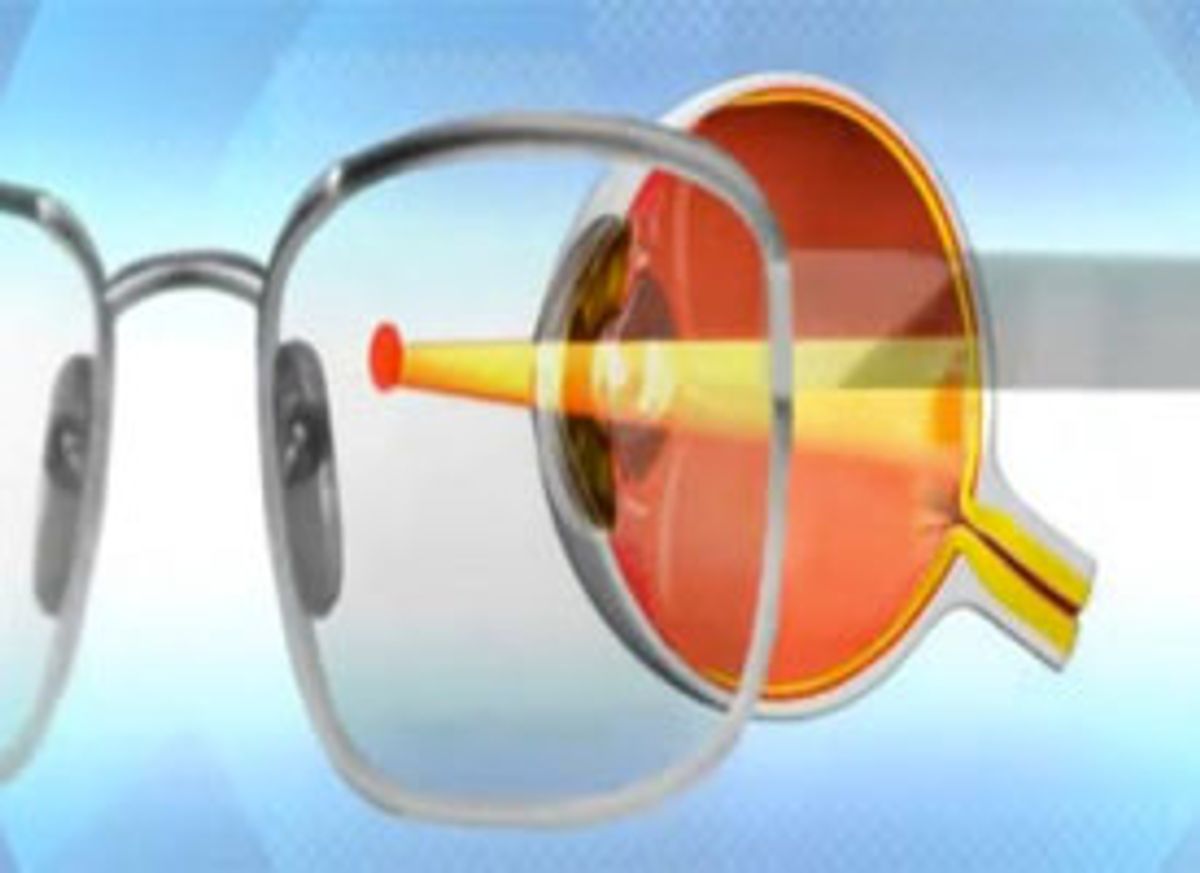The story came across my desk by virtue of the fact that one of the companies goes by the name Nano Retina. The Israel-based company is a joint venture between Rainbow Medical and Zyvex Labs, the latter being well known for its work in nanotechnology and its founder Jim Von Ehr, who has been a strong proponent of molecular mechanosynthesis.
Both Nano Retina’s and its competitor Second Sight’s approaches to providing a solution to disease-caused blindness impressed me. And the Wall Street Journal article expressed intrigue that "the number of blind persons in the U.S. is projected to increase by 70 percent, to 1.6 million by 2020, with a similar rise projected for low vision," according to a 2004 paper prepared by a research group led by a Johns Hopkins University professor, Nathan Congdon. In other words, it's a growth sector, which always pleases investors.
But I wanted to know where the nanotechnology was in the “Nano” Retina. Finding out turned out not to be an easy task. There was the video from the company Web site below, which explained that the implantable device contained “nanoelectrodes.”The written information on the company did not shine any further light on the subject. The video does seem to claim some pretty amazing capabilities for these nanoelectrodes. Apparently, they “interface with the eye’s bipolar neurons” and restart neural stimulation, allowing for messages to go to the brain.
I have to confess I would like to know more, but I’m sure this is all highly proprietary information for a company that doesn’t expect to start clinical trials until 2013.
Dexter Johnson is a contributing editor at IEEE Spectrum, with a focus on nanotechnology.




